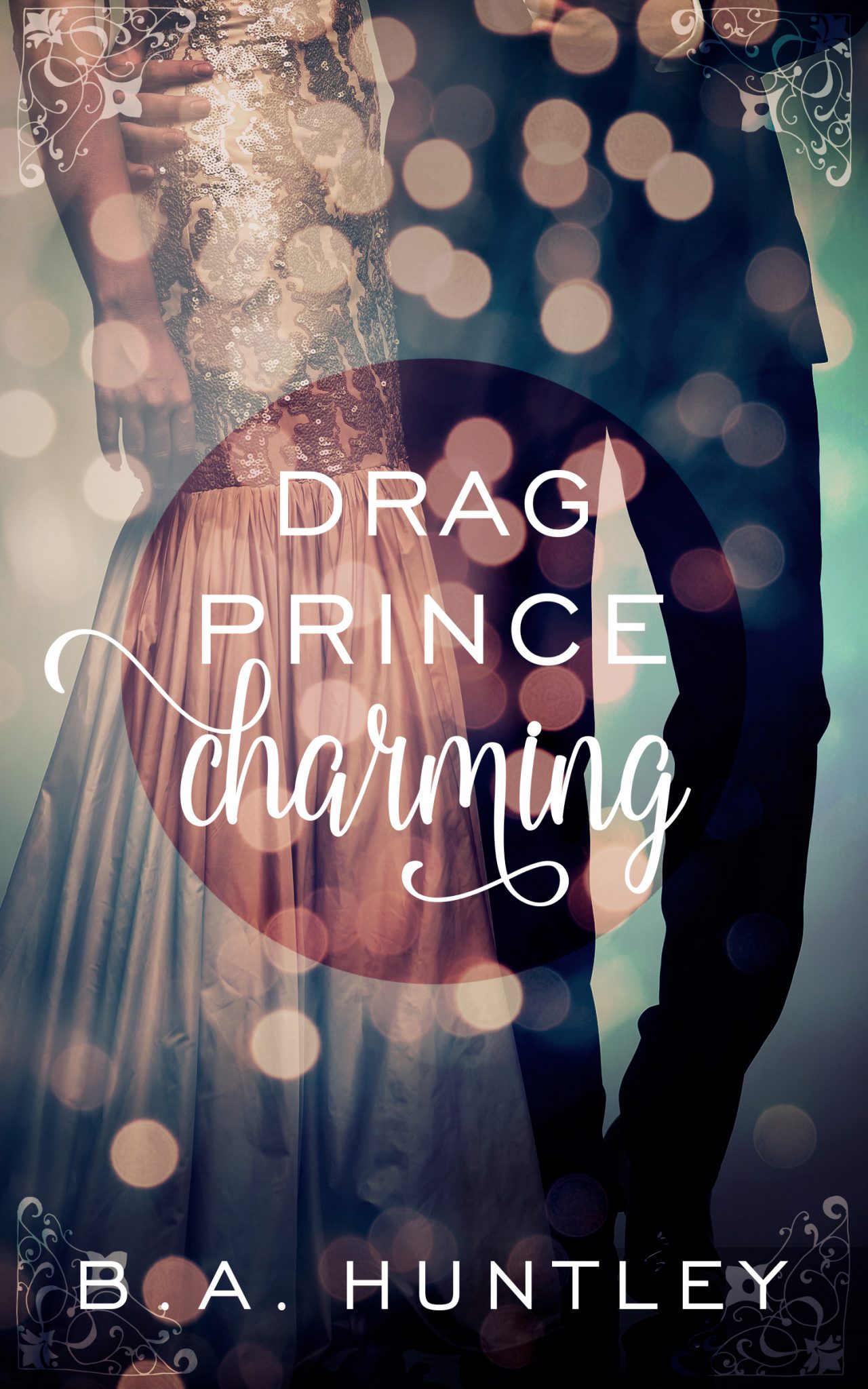I’m not sure how to begin this review. I have two options: 1) I can tell you I loved this book and urge you to get your hands on it right away; 2) I can warn you that it’s very difficult for me to discuss this book in any depth without revealing GIANT SPOILERS. You are, therefore, warned. If you haven’t read this book, you probably shouldn’t read this review beyond the first paragraph. This is coming from someone who usually is pretty blasé about the whole spoilers thing. Let me just say this: if you like historical queer fiction, if a tantalizing mixture of inter-class lesbian romance and mid-1700s navy action sounds exciting to you, if you are desperately waiting for Sarah Waters’s next book, if you love authentic, rough language that disorients and dazzles you, then please pick up She Rises by Kate Worsley.
First of all, have you had a look at that gorgeous cover? This beautifully written and suspenseful novel completely lives up to the stunning artwork. The novel has a peculiar structure which alternates between the perspective of fifteen-year-old Luke, who has been press-ganged and forced to work on a navy ship, and Louise, also a teenager and a former dairy maid, who has recently arrived in the seaside town of Harwich to become a lady’s maid. This structure moves you along pretty quickly, because you’re always wanting to read on and find out what happened to Luke after reading about Louise and vice versa.
Louise soon finds out that the woman, Rebecca, she’s supposed to serve is not quite what she expected a “lady” to be: she’s lazy, insubordinate, and vulgar, although she is, of course, very beautiful. The house Louise arrives at is worlds away from the quiet, simple farm from which she has come, and she discovers that city life, especially in Harwich where the ocean literally washes into the basements of houses, isn’t as clean and pristine as she might have imagined. She also certainly wasn’t imagining falling in love with her new mistress. It’s a slow-burning romance at first, but once it gets going, it’s pretty exciting, like secret meetings in the attics of pubs that are connected to their house! Isn’t it weird to think you could sneak from house to house like that? This novel is full of those fascinating historical details.
The new world that Luke becomes immersed in is even harsher: Worsley doesn’t hold back in describing the gritty, disgusting, disturbing universe of the sailboat. Luke is barely able to negotiate survival, and has to navigate the slippery slope of relationships between the men on the boat; in particular, Luke develops a kind of daddy relationship with an older, experienced sailor Nick. This relationship is never exactly spelled out, but there is something both cruel and loving going on at the same time. Once Nick falls off the pedestal which his fellow sailors had put him on, Luke falls under the control of a more straightforwardly controlling and abusive man (trigger warning for sexual assault in chapters thirty-eight and thirty-nine). He’s a smart cookie, though, and admirably works to use this situation to his advantage.
You find out quite early in the novel that the name of Louise’s brother who has been lost at sea is Luke. I knew there was some kind of twist in this book, and when I recognized that Louise’s brother was named Luke, and the teenager on the ship was named Luke, I was like: that’s it? Okay, I admit I was wrong. Oh no, my friend, this is not the twist. Again, I’m going to warn you: stop reading if you haven’t read this book. Here we go: Louise is Luke. I’m not quite sure when exactly I started to have suspicions, but I think it had something to do with Louise and Rebecca finding an old sailor’s trunk and Louise trying on the sailor’s uniform up in their attic love nest (hot!!).
What’s really fascinating to me about how Worsley deals with the overlap of Louise, the lady’s maid, and Luke, the sailor, is that she resists drawing any firm conclusions about the character’s exact orientation and gender identity. This novel, of course, takes place before either the concept of transgender or lesbian existed. She presents the character as neither recognizably lesbian or a trans man in our contemporary understanding, but rather as a person in the mid to late 1700s navigating this dangerous territory of non-conformity in gender and sexuality. She also cleverly and admirably deals with the pronoun issue. One of my favourite parts of the novel is when Luke meets another sailor who was assigned female at birth and has been passing as a man for years. Their bonding as two people living in a world where they can’t share who they really are except with each other was really specific to their situation, but also really resonated with me as a contemporary queer person. It reminded me of the ways you relate with other folks who fall somewhere near you on the LGBTQ spectrum. It’s that feeling that you’re not alone.
I’m going to echo Mary from Queer Books Please in her podcast raving about She Rises: why hasn’t this book received more attention? I hadn’t even heard of it until this podcast episode, and I kind of pride myself for knowing all about what’s happening in the literary lesbian world. And Worsley was mentored by Sarah Waters, people! Buy this book! Check it out of your library! Spread the word!


